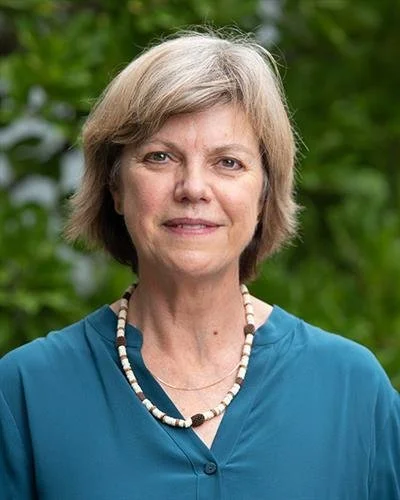
refugees in towns
About our Project
The Refugees in Towns project (RIT) promotes understanding of the migrant/refugee experience by drawing on the knowledge and perspectives of refugees themselves as well as local hosts. The project was conceived and is led by Karen Jacobsen.
For refugees, migrants, and hosts, RIT offers an opportunity to develop and promote authentic narratives through participatory, reflexive, and local research. They author a range of case studies and reports in collaboration with students to identify the factors that enable and obstruct integration, and the different ways in which migrants and hosts co-exist, adapt, and struggle with integration.
For academics, RIT analyzes the global differences and similarities in the factors that enable or obstruct integration. Researchers further explore thematic areas of interest, for example the impact of COVID-19 or racism on integration.
For policymakers and practitioners, RIT seeks to develop an understanding of potential solutions to the barriers refugees, migrants, and hosts face in integration through collaborative research and policy briefs informed by case studies.
Meet the Team
advisory group
The RIT advisory group provides technical and methodological advice on case studies, facilitates contacts in case site communities, and assist in engaging with policymakers.
Anton Baare, Nordic Consulting Group
Tsering Gellek, Sarnath International Nyingma Institute
Catherine Hébert, Mango Films
Nassim Majidi, Samuel Hall
Graeme Rodgers, International Rescue Committee
Adam Saltsman, Worcester State University
Pippa Skotnes, University of Cape Town
Amy Slaughter, RefugePoint
case researchers
RIT benefits from a diverse range of case study researchers (who conduct academic research on a city) and case report writers (who provide writing on their own personal experiences with integration) in cities and towns around the world. Each of RIT's cases rely on at least one localized individual with a personal history, social presence, and deep contextual knowledge of the community they are describing. These individuals provide both data for the project, and relevance for its findings by connecting RIT to practitioners, refugee and host community leaders, civil society actors, and municipal government representatives.
We would like to acknowledge and thank our many localized refugee contributors around the world who are not listed here to protect their identities.
Barnabas Ticha Muvhuti: Cape Town & Makhanda, South Africa
READ OUR MOST RECENT REPORTS
Contact Us
The Fletcher School of Law and Diplomacy
Tufts University
160 Packard Ave.
Medford, MA 02155 USA



